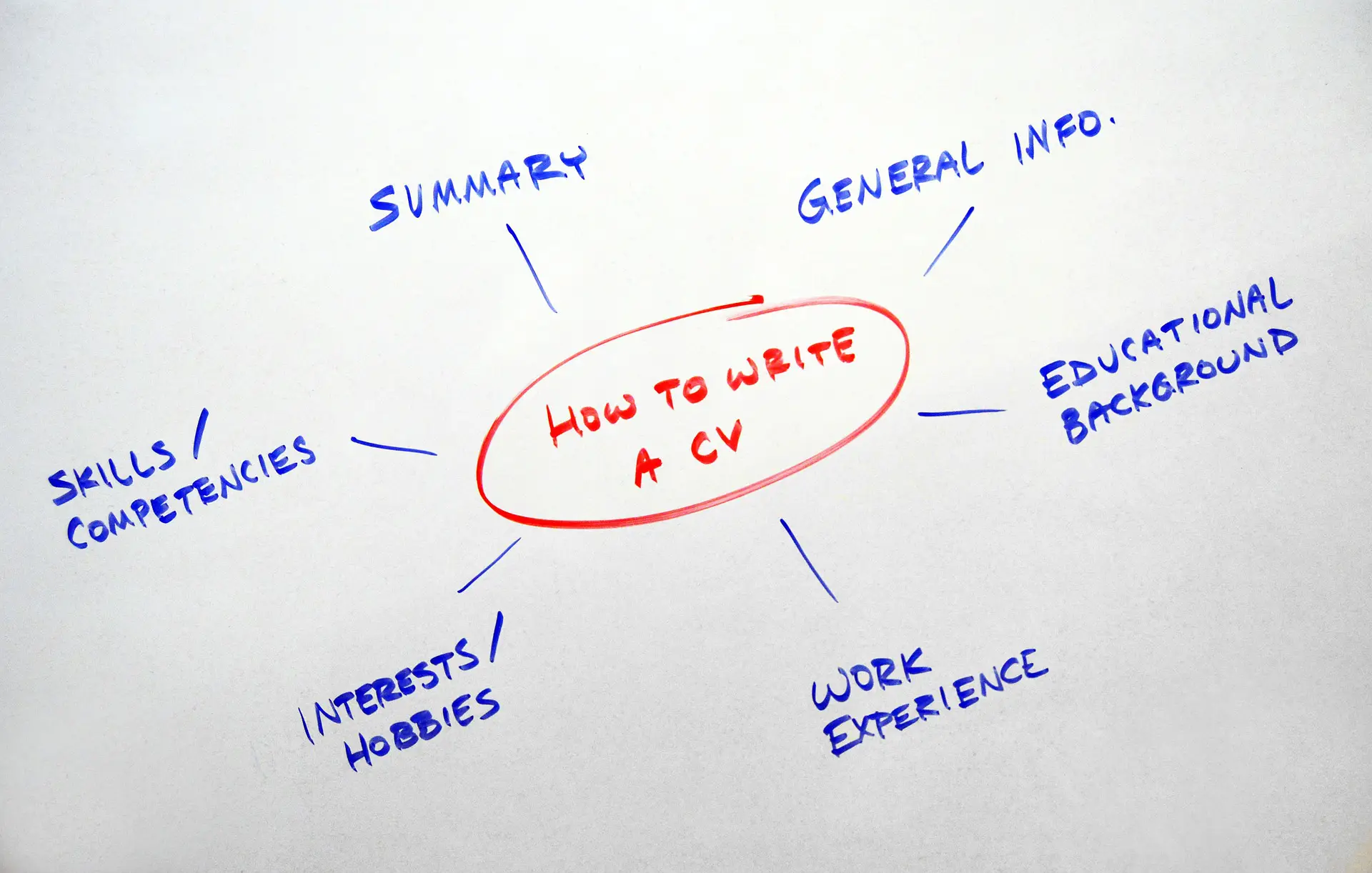Wonder how to be more chill during your workday and your life? Here are 3 realistic ways you can become a happier, chill person overall.
We could all use more chill in our lives, right? Fortunately, there are many easy adjustments you can make to take some of the stress and chaos out of your daily routine—so easy, you’re going to wonder why you haven’t been doing these things all along.
Here are 3 easy ways to reduce stress, improve quality of life, and add some much-needed chill to your day.
1. Get enough sleep.
If you’re not getting a solid 7-9 hours per night, you’re doing it wrong. And unfortunately, that’s a lot us: about a third of the U.S. population doesn’t get enough rest.
But science doesn’t lie. Research and studies consistently demonstrate that 7-9 hours is the golden standard for the average adult. Many people insist they only need a few hours of sleep a night to function. But that’s most likely because they’re delirious due to lack of sleep. Only a very small percentage of the population (around 1%) can function optimally on less than 7 hours per night, and that’s due to a genetic mutation.
The effects of sleep deprivation are no joke—impaired cognitive function, decreased productivity, and greater chance of having an accident or falling asleep while driving. Not to mention the long-term medical issues it can lead to: obesity, diabetes, heart disease, and mental distress.
So don’t cheat yourself. Get into the habit of getting a full night’s rest every night. The best way to do this is to go to bed at the same time every evening. Just count backwards 8 hours from the time you need to be up in the morning, and set yourself a reminder to be in bed about 15-20 minutes before that. Newer iPhones even have a handy bedtime reminder feature built into the alarm clock.
2. Take breaks during the day.
Most of us work 8 hour shifts, or more, but the reality is that human focus has its limits. Our brains are simply not wired to be focused for that many hours a day, especially all in a row, and this is proven by science. One study revealed that experts who are elite in their fields (basically all fields: artists, athletes, intellectuals, scientists, saving experts) typically can spend only about 4-5 hours per day intensely focused on their work.
It’s unlikely this evidence will persuade your boss to shorten your workday, but taking breaks throughout your shift can help you stay on task and be productive. Planning out your work day and timing breaks will ensure you don’t lose track and end up spending 3 hours looking at cute cat memes on the internet.
The experts in the study above tended to work at the start of their day when their focus was best, so always plan to start your day with the project that will require the most focus (NOT with email!). And then take a break. One study suggests that the perfect ratio is 52/17: work for 52 minutes, and take a break for 17. If you can swing it without getting a raised eyebrow from your micromanager boss, give it a shot at work tomorrow.
3. Meditate daily.
You may scoff at this suggestion but scoff at this: science has proven that people who meditate regularly actually change the composition of their brains. One study from UCLA showed that the brains of long-term meditators were better preserved than non-meditators. Meditation also reduces stress levels, helps with pain management, and relieves anxiety and depression.
The even better news is that even a few minutes a day will benefit you. If you’re a beginner, start with 5 minutes a day and work up to 15 to really start feeling results. Google “how to meditate” to find a plethora of advice on how to get started (or check out my step-by-step video guide), but the basics are pretty much the same no matter what source you consult: find a quiet location, sit or lie in a comfortable position, focus your attention on either your breathing or a phrase you repeat in your head, and keep an open attitude. If you follow these 4 instructions, there’s no wrong way to meditate.
Warning: at first it may feel like nothing is happening, or you may feel silly or bored or distracted, but just keep trying. What you’re doing is actually training your brain, and each time you sit down to meditate, something is shifting, slowly but surely, and it’ll get easier and easier with time. how to be chill
As our lives get busier and busier, especially for Millennials who are not only entering the peak years of their careers but also becoming parents, it’s even more important not to lose sight of the big picture. We owe it to ourselves to slow down and dedicate time each day to habits that improve our health and wellbeing and keep us grounded. Stay chill, guys.













